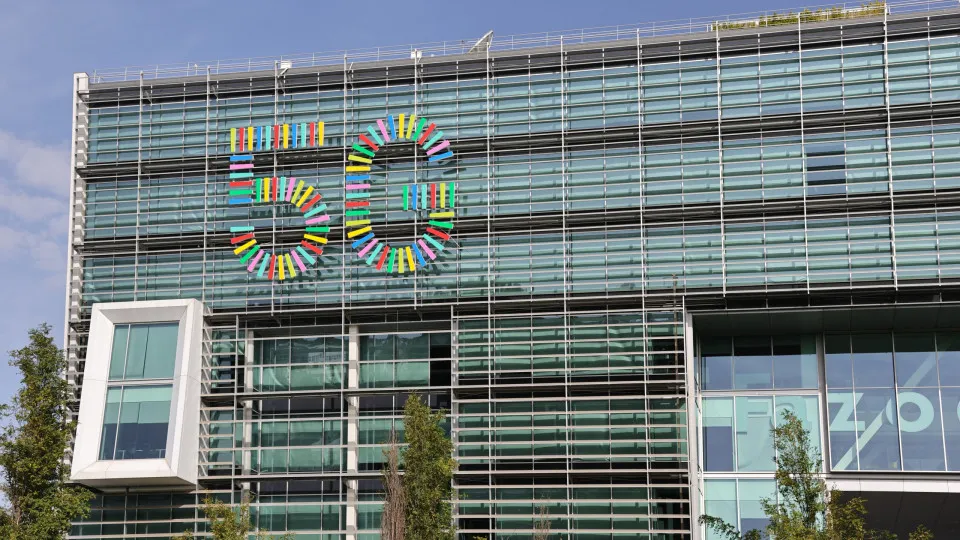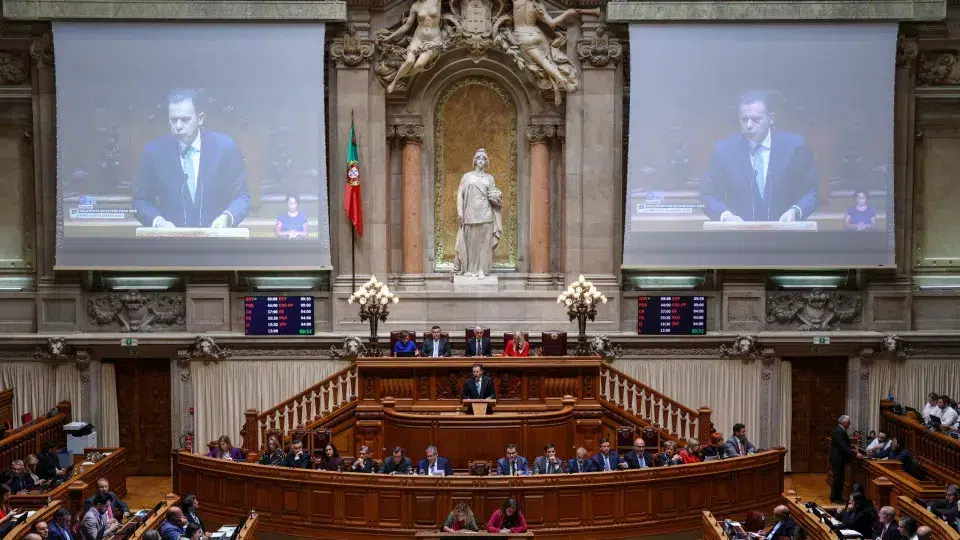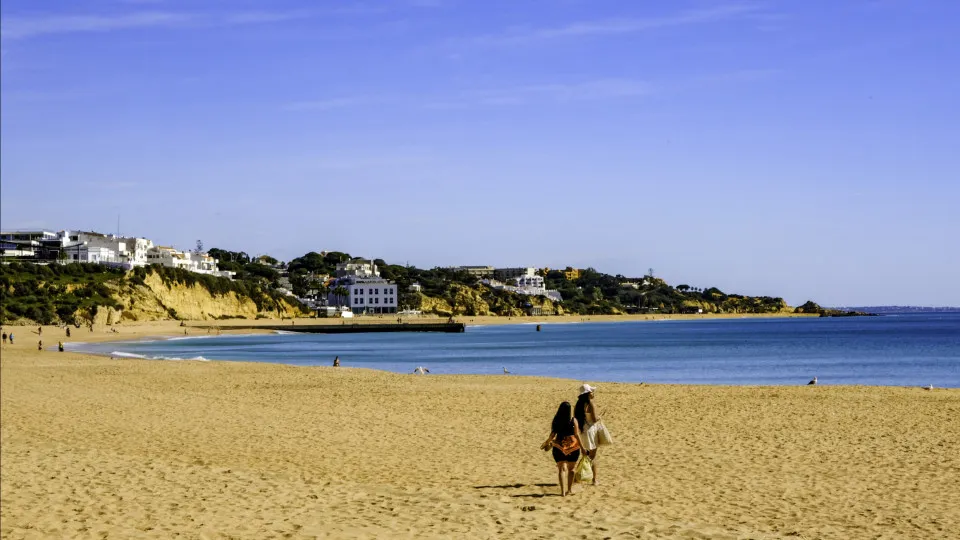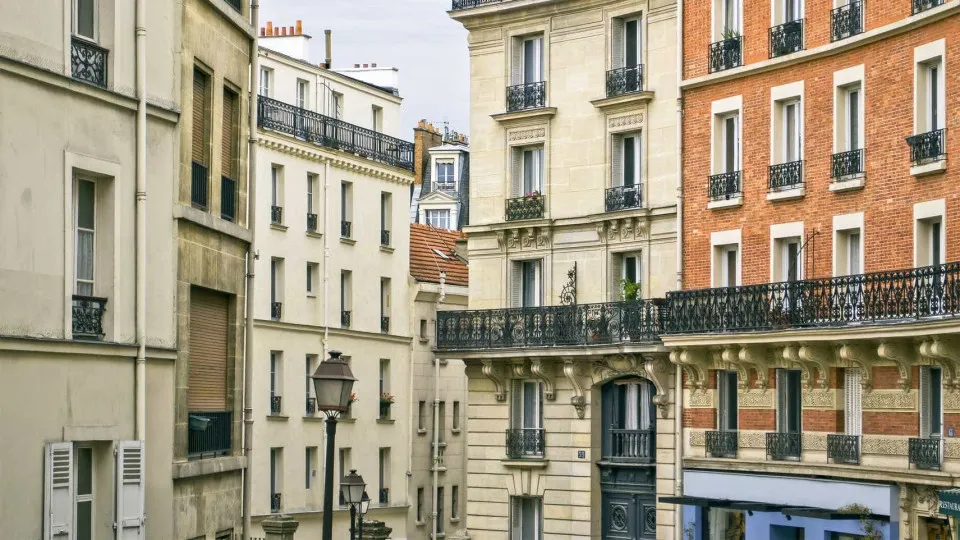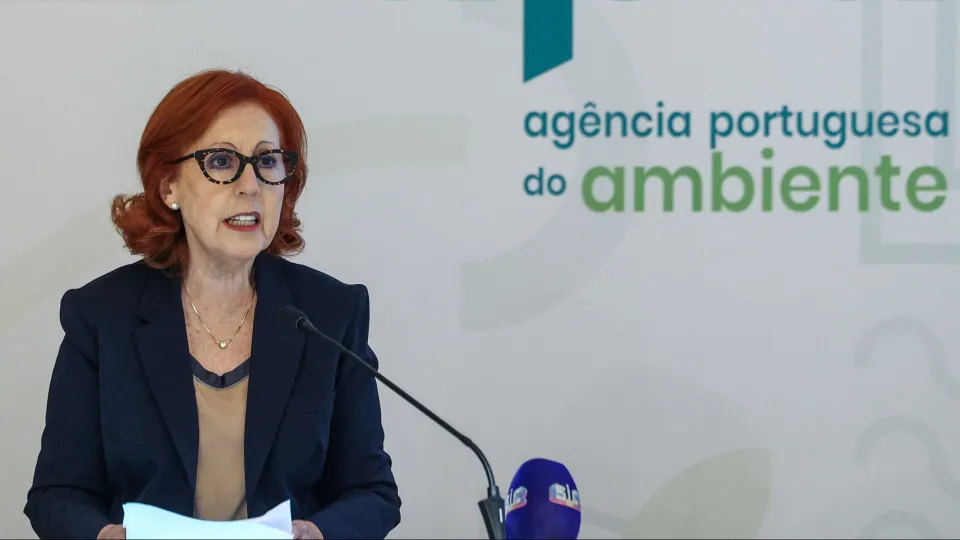
The proposed solutions focus mainly on the construction or enhancement of existing access points, the creation of new public parking facilities, and, in one case, moving the beachfront closer to the access.
Minister Maria da Graça Carvalho stated that regarding the restricted accesses in Grândola, “everything that will be done is determined,” and it is now necessary to wait for the installation of new municipal bodies, although the issues were already “resolved with the former mayor.”
“[With] everything requiring a project and construction, we cannot guarantee it will be completely ready before the bathing season begins. Things take time; construction takes time in Portugal, but decisions have been made. In Grândola, they are made,” she said during a session presenting the evaluation of the 2025 bathing season, held at the headquarters of the Portuguese Environment Agency (APA), in Alfragide, Amadora.
According to APA President José Pimenta Machado, inspections along the Grândola coast identified two beaches with controlled access (Troia-Galé and Galé-Fontainhas), seven with access conditioned by existing or under-construction tourist developments (Camarinhas, Galé-Fontainhas, Troia-Galé, Duna Cinzenta, Golfinhos, Garças, and Pinheirinho), and one beach with restricted access (Raposa).
In August and September, 29 beaches in the Algarve were inspected, revealing infractions at Poço Velho beach in Albufeira, where public access was blocked, and Verdelago in Castro Marim, where access was restricted.
In one of the two Algarve cases, ownership of the development is unknown, “but a solution will be found even if the owner is not identified,” the minister added.
“Nothing is under negotiation, decisions are made,” she emphasized.
RCS // VAM
Lusa/End

